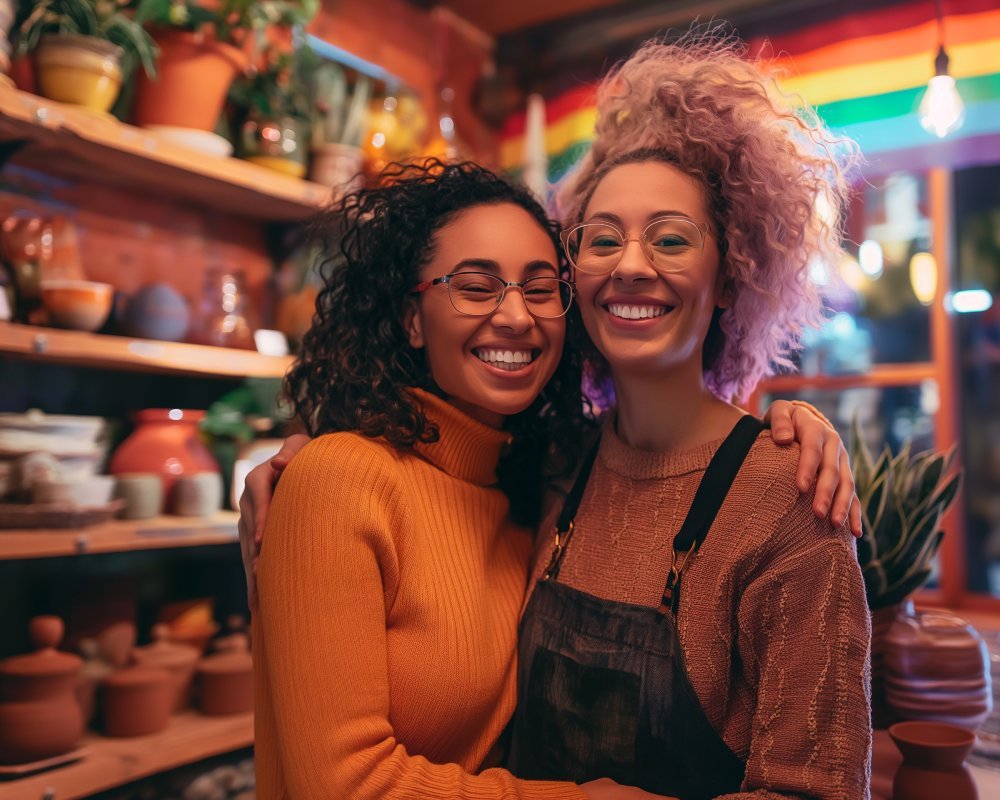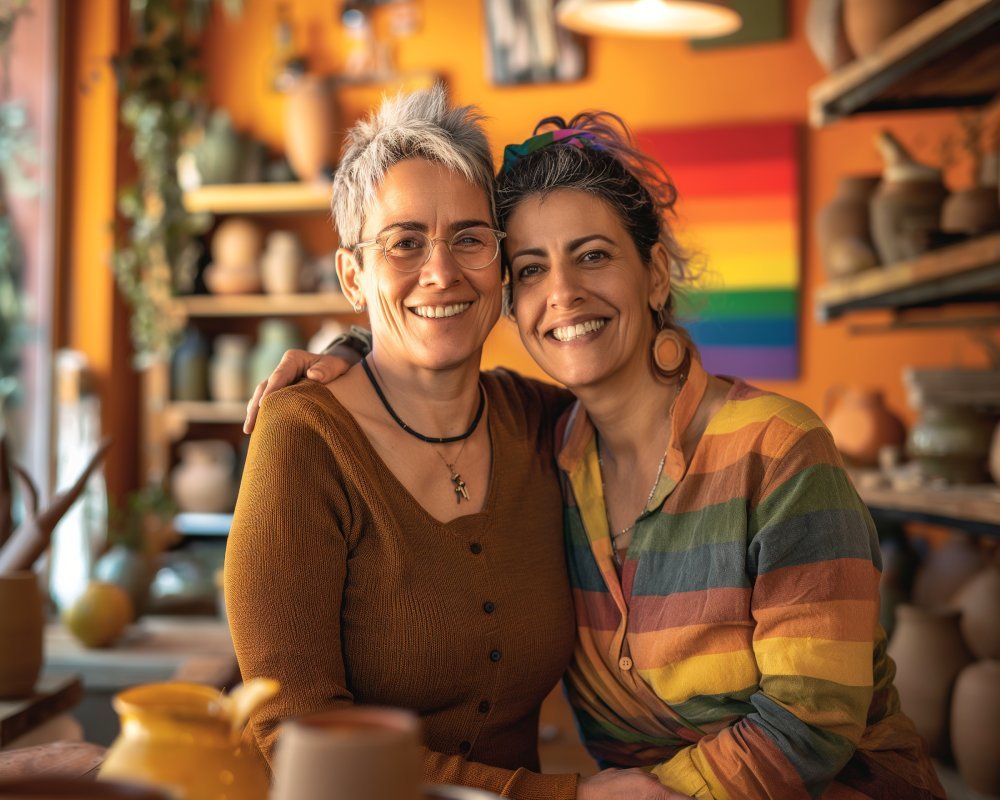
Was Eleanor Roosevelt Lesbian? Unraveling the Historical Enigma
Eleanor Roosevelt, one of the most influential First Ladies in American history, is often remembered for her significant contributions to human rights and social justice. Yet, a question that has intrigued historians and the public alike is: was Eleanor Roosevelt lesbian? This question delves into her personal life and relationships, particularly her close friendship with journalist Lorena Hickok. In this comprehensive blog, we will explore the evidence, context, and implications of this question, shedding light on a fascinating aspect of Eleanor Roosevelt’s life.
The Question at Hand: Was Eleanor Roosevelt Lesbian?
To address the question, “was Eleanor Roosevelt lesbian?”, it’s essential to understand the complexities of her personal relationships and the societal context of her time. Eleanor Roosevelt was married to Franklin D. Roosevelt, the 32nd President of the United States. Their marriage, however, was not without its challenges, and Eleanor’s close bond with Lorena Hickok has led many to speculate about her sexuality.
Understanding the Historical Context
When asking, “was Eleanor Roosevelt lesbian?”, it is crucial to consider the historical context in which she lived. The early to mid-20th century was a time when same-sex relationships were largely stigmatized and often hidden from public view. The term “lesbian” itself was not commonly used or understood in the same way it is today. Therefore, applying modern labels to historical figures requires careful consideration of the societal norms and language of their time.
Eleanor Roosevelt and Lorena Hickok: A Close Friendship
A significant part of the speculation surrounding the question, “was Eleanor Roosevelt lesbian?”, centers on her relationship with Lorena Hickok, a prominent journalist. The two women developed a deep and lasting friendship, exchanging thousands of letters over the years. These letters, some of which contain affectionate and intimate language, have been a focal point for those exploring Eleanor Roosevelt’s sexuality.
Examining the Evidence
When exploring whether Eleanor Roosevelt was lesbian, the letters between her and Hickok provide valuable insights. Some excerpts from these letters reveal a deep emotional connection, with Eleanor expressing her feelings for Hickok in tender and affectionate terms. Phrases such as “I wish I could lie down beside you and take you in my arms” suggest a level of intimacy that goes beyond typical friendship.
However, while these letters indicate a profound emotional bond, they do not provide conclusive evidence to definitively answer the question, “was Eleanor Roosevelt lesbian?”. It is important to recognize that emotional intimacy between women, especially in the context of the early 20th century, does not necessarily equate to a sexual relationship.
Scholarly Perspectives
Historians and scholars have long debated the question, “was Eleanor Roosevelt lesbian?”. Some argue that the nature of her relationship with Hickok suggests a romantic and possibly sexual connection. Others contend that their bond, while deeply affectionate, may not have been sexual. Given the lack of explicit evidence, the answer to “was Eleanor Roosevelt lesbian?” remains speculative.

The Importance of Friendship
In examining whether Eleanor Roosevelt was lesbian, it is also important to consider the value of deep friendships in her life. Eleanor herself often spoke of the importance of friendships and emotional connections. Whether or not her relationship with Hickok was sexual, it is clear that Hickok provided Eleanor with significant emotional support and companionship.
Eleanor Roosevelt’s Impact on LGBTQ+ History
Regardless of whether Eleanor Roosevelt was lesbian, her legacy has had a lasting impact on LGBTQ+ history. Her advocacy for human rights and social justice has inspired many within the LGBTQ+ community. By exploring the question, “was Eleanor Roosevelt lesbian?”, we can appreciate the broader implications of her life and work for marginalized communities.
Public and Media Speculation
The question, “was Eleanor Roosevelt lesbian?”, has also been a topic of interest in popular media. Books, articles, and documentaries have explored her relationship with Hickok, often highlighting the intimate aspects of their correspondence. This media attention has contributed to a broader discussion about Eleanor Roosevelt’s personal life and the complexities of historical narratives.
The Significance of Labels
When asking, “was Eleanor Roosevelt lesbian?”, it is important to consider the significance and limitations of labels. Sexuality is a complex and multifaceted aspect of identity, and applying modern labels to historical figures can be challenging. Eleanor Roosevelt’s relationships and emotional connections may not fit neatly into contemporary categories of sexual orientation.
Broader Implications for Historical Figures
The question, “was Eleanor Roosevelt lesbian?”, reflects a broader trend of re-examining the personal lives of historical figures through a modern lens. This approach can provide new insights into their experiences and contributions but also requires careful consideration of historical context and available evidence.
Conclusion: Was Eleanor Roosevelt Lesbian?
In conclusion, the question, “was Eleanor Roosevelt lesbian?”, remains a subject of debate and speculation. The close and affectionate relationship between Eleanor Roosevelt and Lorena Hickok suggests a deep emotional bond, but the lack of definitive evidence makes it difficult to provide a conclusive answer. By exploring this question, we gain a deeper understanding of Eleanor Roosevelt’s life, her relationships, and her lasting impact on history and human rights.
The exploration of whether Eleanor Roosevelt was lesbian highlights the complexities of human relationships and the challenges of interpreting historical figures’ personal lives. Regardless of the answer, Eleanor Roosevelt’s legacy as a champion of social justice and equality continues to inspire and resonate with people around the world.
